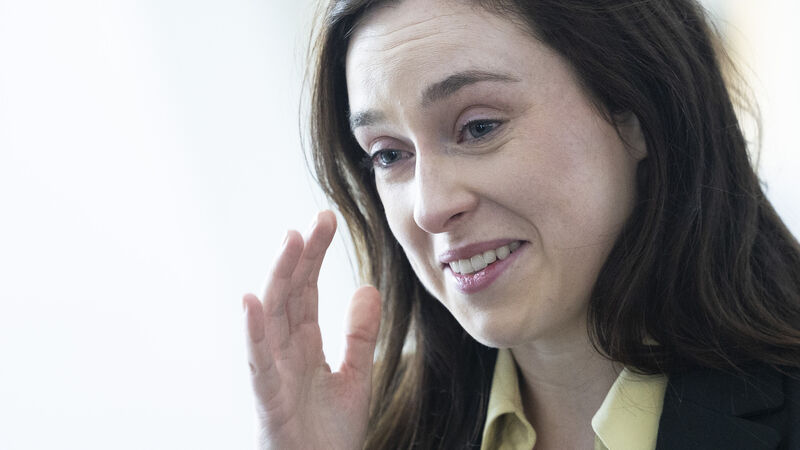Sarah Harte: Aged 21, I was traumatised by my arrest in the Middle East

Tori Towey brushes back tears after arriving back at Dublin Airport from Dubai last Thursday. Picture: Sam Boal/Collins
It's hard to imagine what Tori Towey has endured. But she might still be languishing in a Dubai jail had she not been able to make a hurried call to her mother before they took her mobile phone. As she said, it would have looked like she “disappeared off the face of the earth”.
Ms Towey, the victim of domestic violence at the hands of her husband, tried to take her own life and awoke to police and paramedics speaking Arabic. Instead of being taken to hospital, she was brought to a police station.














